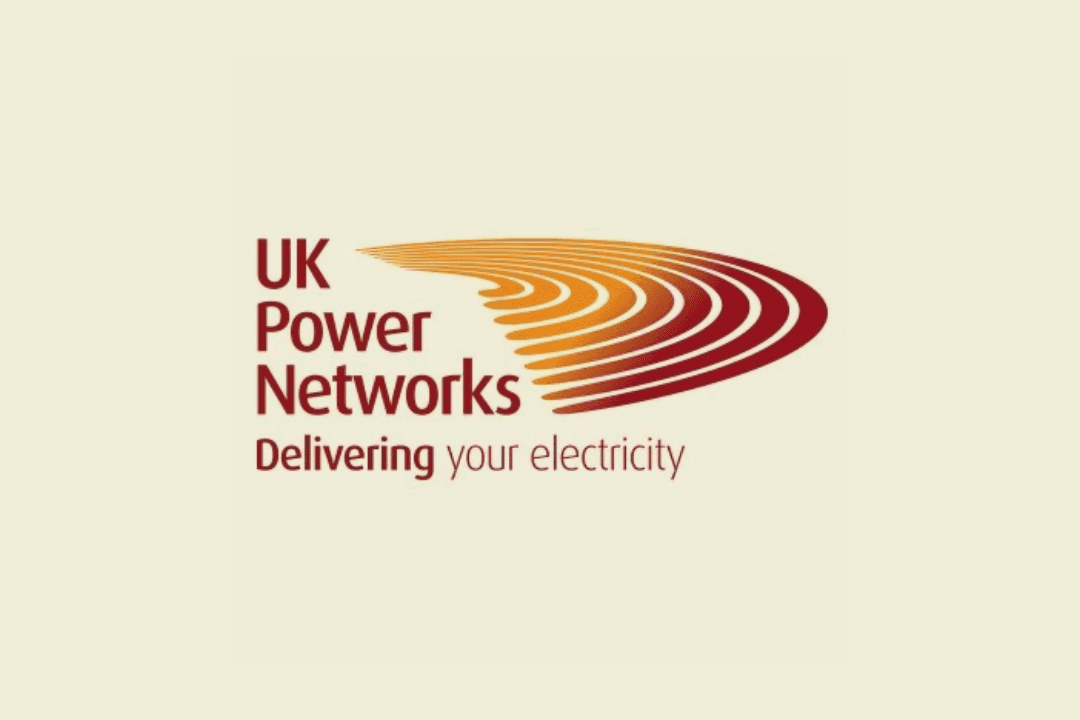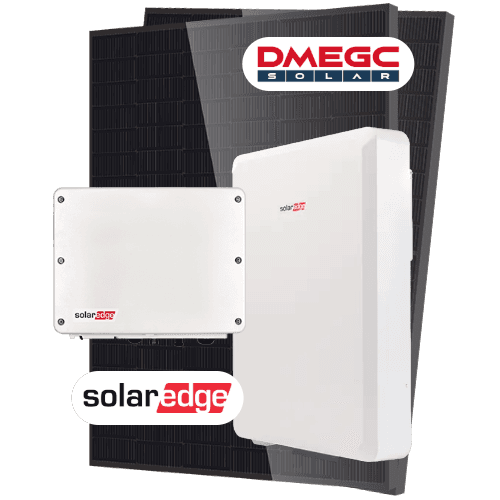
Our Installs Rated 4.6
Aug 22, 2024
Hello Sun Seekers! 🌞
If you’re considering a solar panel system, you might have bumped into the term DNOs and wondered what it means. Trust us, once you understand this, everything else falls into place smoothly. Grab a cup of tea, sit back, and let’s unravel this together.
What are DNOs?
Types of DNOs
DNO stands for Distribution Network Operator. Essentially, these are the companies responsible for delivering electricity to homes and businesses in the UK. There are a few major DNOs in the country, including:
UK Power Networks: Covers the South East, East of England, and London.
Western Power Distribution: Responsible for the Midlands, South Wales, and South West.
Northern Powergrid: Manages the Northeast and Yorkshire.
Scottish and Southern Electricity Networks (SSEN): Supplies power to Central Southern England and North of Scotland.
Electricity North West: Handles the Northwest.
SP Energy Networks: Operates in South Scotland and Merseyside.
Why Do We Have DNOs?
DNOs are central in ensuring that electricity is safely and efficiently distributed across different regions. They maintain and upgrade the power grids, ensuring that everyone has a reliable supply of electricity. For solar panel users, DNOs set the regulations about how much energy can be exported back to the grid from home-generated solar power.
How Does It Affect You?
Size and Export Limits
When you install a solar panel system, you’re not just generating electricity for your home; you might also be exporting surplus energy back to the grid. Each DNO sets specific rules and limits on how much power you can export.
Standard Limit: Commonly, for most residential properties, this limit is set at 3.68kW for a single-phase connection. If your system stays under this export limit, the application and approval process is generally straightforward.
Above Standard Limit:
If you want a system larger than the standard limit, you’ll need specific permission from your DNO. This involves more paperwork and potentially some costs, as the network might need upgrades to handle the extra power.
Why Should You Care?
Approval Process: Staying within DNO limits can simplify the installation and approval process. Exceeding these limits means longer waiting times and possibly additional costs.
Export Potential: Understanding the limits helps you plan better whether you want to utilise more of the energy your system generates or if exporting a surplus is beneficial for you.
System Size: Helps in deciding the optimal size for your system based on your needs and the regulations.
Recommendations for Navigating DNO Processes
Size Your System Wisely
If you're unsure about your energy needs or the optimal system size, staying within the standard export limit (3.68kW) might be a good start. This will make the process smoother and faster.
Engage with Your DNO Early
If you’re considering a larger system, reach out to your DNO early in the planning stage. Understanding their requirements and constraints can save you time and hassle later on.
Consider Battery Storage
To minimise export during peak production times and maximise your solar investment, consider adding a battery storage solution. This will allow you to store excess energy for later use rather than exporting it to the grid.
Professional Guidance
Partner with a knowledgeable solar installer like Solar Panels London. We have experience navigating DNO requirements and can help you through the process.
Conclusion
Understanding DNOs and size/export limits is crucial to making an informed decision about your solar panel system. By knowing your DNO and their regulations, you can optimise your system for maximum efficiency and minimal hassle.
At Solar Panels London, we’re here to help you navigate the entire process, from getting the right approvals to sizing your system perfectly. And hey, if you have any questions, don’t hesitate to reach out to us!
Wishing you sunny days and solar savings,
The Solar Panels London Team 🌞
Have more questions? Contact us anytime; we’re here to light up your path to solar energy!




